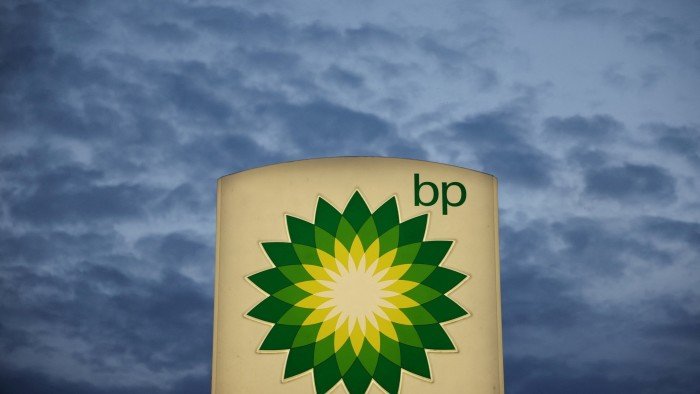Unlock the Editor’s Digest for free
Roula Khalaf, Editor of the FT, selects her favourite stories in this weekly newsletter.
Shell said it had “no intention” of making an offer for rival BP following months of speculation about a landmark tie-up between the UK’s two largest oil companies.
In a statement on Thursday, Shell said it had not been in talks with BP about a takeover and did not intend to make an offer for the company. BP declined to comment.
Under UK takeover rules the statement prevents Shell from making an approach for BP for at least six months except in certain circumstances.
Shell’s comments followed a report by the Wall Street Journal on Wednesday that the companies were in early-stage negotiations about a deal to create a global energy group worth more than £200bn.
On Wednesday evening, Shell denied talks were taking place and then clarified its position further on Thursday.
“Shell wishes to clarify that it has not been actively considering making an offer for BP and confirms it has not made an approach to, and no talks have taken place with, BP with regards to a possible offer,” it said. “Shell confirms it has no intention of making an offer for BP.”
BP shares were down 0.5 per cent in early trading. Shell shares were little changed.
Shell is now precluded from making an offer for at least six months except in certain circumstances, including if BP encourages Shell to do so, another bidder makes an offer for BP, or “there is a material change of circumstances”.
Shell has considered a combination with BP several times in the past, including as early as 2004, but on each occasion the company has decided against making a formal approach, according to people familiar with those deliberations.
Elliott Management, the activist hedge fund which has built a 5 per cent stake in BP, has warned the company is vulnerable to a takeover unless management makes deeper cuts to costs and spending.
BP chief executive Murray Auchincloss is under intense pressure to revive the fortunes of the oil major after an aggressive push into renewable energy backfired.
However, Shell chief executive Wael Sawan has expressed little public interest in pursuing a takeover, telling the Financial Times in May that he preferred to buy back Shell’s own shares than use the money on a deal for BP.
Shell has spent at least $36bn on buying back its shares over the past three years, during which time its share price has outperformed BP by more than 30 per cent, as Sawan improved the company’s financial health, cut costs and simplified its sprawling business.
A deal for BP could theoretically be transformational for Shell, creating an energy giant pumping close to 5mn barrels of oil and gas per day — more than ExxonMobil or Chevron. It would also have as much as a quarter of the world’s liquefied natural gas market and a significant US presence.
However, the integration of two businesses with very different cultures would take several years, according to insiders at both companies. There could also be tens of thousands of job losses, creating potential political risk around any deal.
Other companies that analysts have said might consider a bid for all or part of BP include US oil producers Chevron and ExxonMobil, France’s TotalEnergies and Abu Dhabi’s Adnoc.

